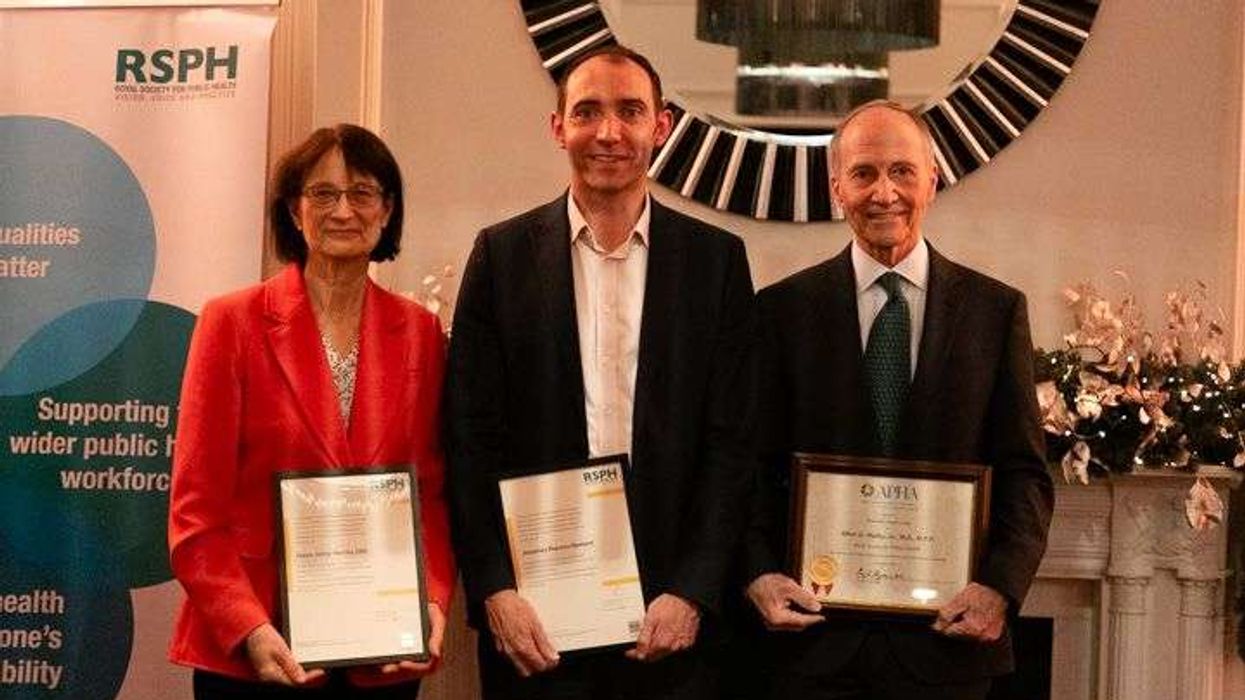At least nine people have died from a new coronavirus in China following an outbreak in the central city of Wuhan, and more than 470 cases have been reported globally, most of them in China where the infection has spread faster in recent days.
Global health authorities and financial markets fear the transmission rate will accelerate as hundreds of millions of Chinese will travel domestically and overseas during the upcoming week-long Lunar New Year holiday.
KNOWN CASES
China's National Health Commission has confirmed nine deaths and 440 cases by the end of January 21. Local and regional authorities on January 22 reported an additional 27 new cases.
Thailand has reported four cases, and South Korea, Japan, Taiwan and the United States one each. All of those cases involved people who had recently been in Wuhan.
AUTHORITIES INVESTIGATING ORIGIN
Chinese health authorities are still trying to determine the origin of the virus, which they say came from a market in Wuhan where wildlife was traded illegally. The World Health Organization (WHO) says an animal appears most likely to be the primary source.
China's National health Commission Vice Minister Li Bin told reporters during a briefing on January 22 there is evidence of respiratory transmission of the virus from patient to patient.
Chinese authorities have also said 15 medical staff have been infected.
Some experts say the virus may not be as deadly as some other coronaviruses such as Severe Acute Respiratory Syndrome (SARS), which killed nearly 800 people during a 2002-2003 outbreak also originating from China.
COUNTER-MEASURES
There is no vaccine for the new virus, which China says is mutating. Symptoms include fever, cough and difficulty in breathing.
Chinese authorities have stepped up monitoring and disinfection efforts ahead of the Lunar New Year break that formally starts on January 24, when many of China's 1.4 billion people will travel domestically and overseas.
They have also advised people to not travel to Wuhan and also asked Wuhan residents to remain in the city.
Airport authorities in the United States as well as many Asian countries, including Japan, Thailand, Singapore and South Korea, stepped up screening of passengers from Wuhan.
Singapore announced on January 21 it will quarantine individuals with pneumonia and travel history to Wuhan within 14 days before the onset of symptoms. Taiwan's government on January 22 advised people to not visit Wuhan unless they absolutely must and suspended Wuhan tourist groups from visiting the island.
The Public Health England (PHE) on Monday said the risk to the UK population is currently very low and the risk to travellers to Wuhan is low, but the situation is under constant review.
The WHO sent directives to hospitals around the world on infection prevention and control. It has also convened an emergency committee of experts on January 22 to assess whether the outbreak constitutes an international emergency.
PUBLIC, COMPANIES REACT
While the WHO has yet to recommended trade or travel restrictions, some Chinese travel booking platforms and airlines have offered free cancellations for Wuhan trips.
Beyond Wuhan, some Chinese have begun cancelling other travel plans for the Lunar New Year season and avoiding public areas like cinemas and shopping centres. Companies are handing out masks and warning staff to avoid Wuhan.
Shanghai's Disneyland will waive some rescheduling fees for customers that change travel plans. Hong Kong's Cathay Pacific Airways Ltd will let passengers to Wuhan change or cancel flights without charge through February 15 and permit cabin crew to wear masks on flights to the mainland.
(Reuters)











